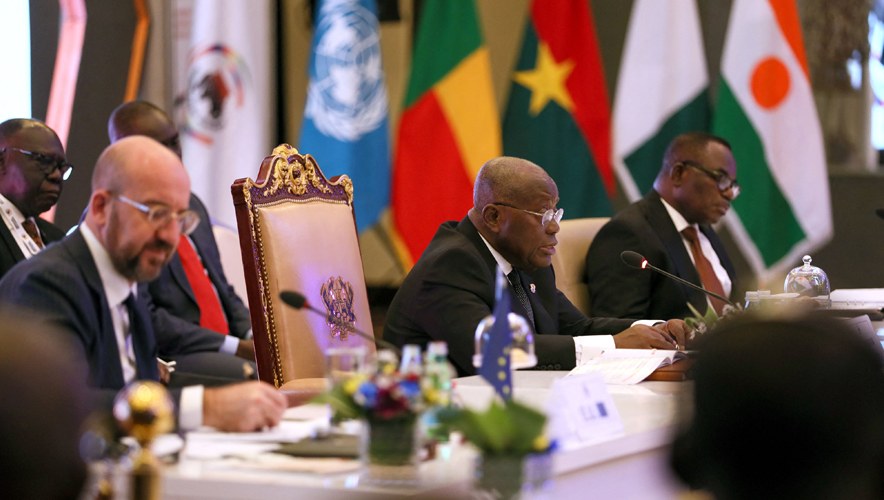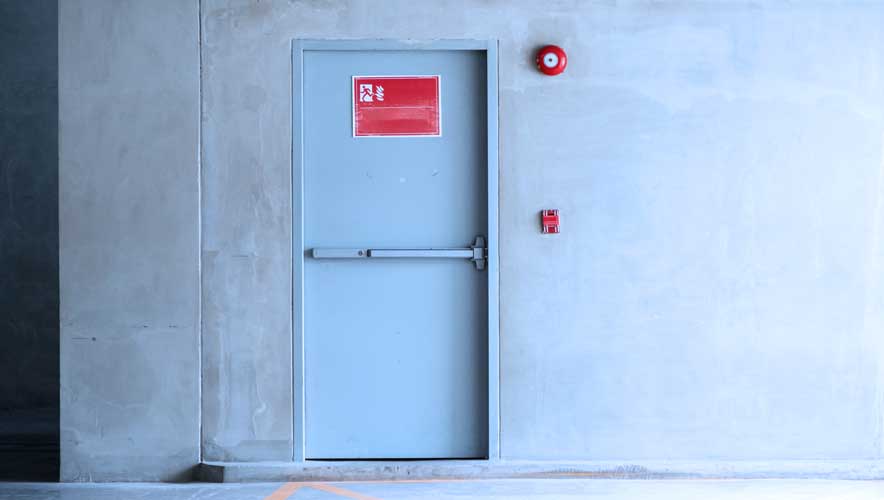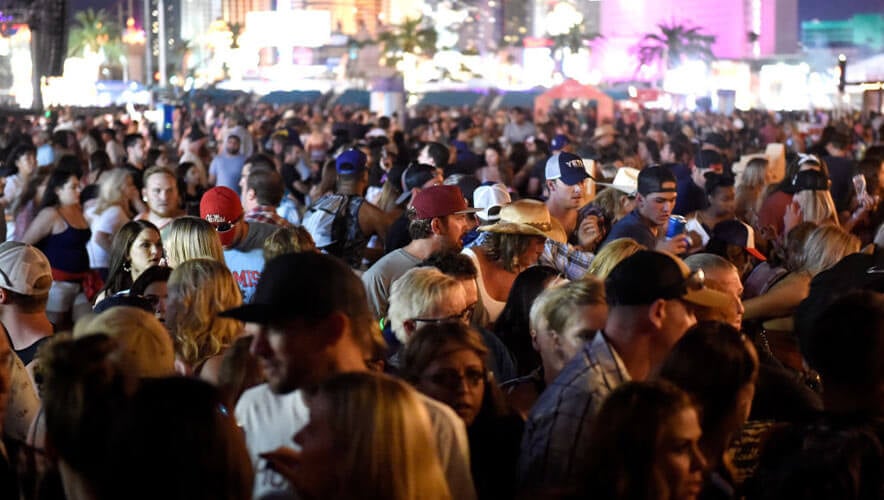Insurgency Threatens to Spill Across the Sahel, Ghanian President Warns
West Africa’s Sahel is at risk from a rampant Islamist insurgency that threatens to entirely engulf the region, warned Ghana’s President Nana Akufo-Addo on 22 November.
In Mali, militants have seized swaths of territory after foreign troops pulled out of the country over the ruling junta’s cooperation with Russian mercenaries and alleged army abuses, Reuters reported. A significant insurgency took root in Mali in 2012 before spreading to other West African countries. The French, Danish, and Ivory Coast military withdrawals have spurred concerns of a security vacuum, which could enable groups linked to al Qaeda and the Islamic State to push farther into coastal West African countries. Coastal states including Benin and Togo have seen increased attacks in recent years.
“Today the terrorist groups, emboldened by their success in the regions, are seeking new grounds,” Akufo-Addo said at the Accra Initiative security conference this week.
“Terrorist groups are present across borders and repeatedly target communities and national institutions through coordinated attacks, taking advantage of porous and extensive borders,” according to INTERPOL and the G5 Sahel group—a regional, intergovernmental organization that includes Burkina Faso, Chad, Mali, Mauritania, and Niger.
The epicenter of the conflict has been the border connecting Mali, Burkina Faso, and Niger, but conflict is spreading toward the Gulf of Guinea, according to a July 2022 report from the International Centre for Counter-Terrorism (ICCT). “Civilian populations in particular are paying the price for the growing violence, with internally displaced persons reaching into the millions in the Western Sahel,” the researchers wrote.
At the Accra Initiative conference, European Council President Charles Michel added, “The risk of contagion into the coastal states is not a risk any more, it’s a reality.” He noted that EU support to the region to address terrorism threats would include “lethal hardware for defensive purposes.”
Attacks have increased in the past decade, killing thousands of people and displacing more than 2.7 million across the Sahel, a vast belt of countries that stretches across North Africa, from Senegal to Chad. The conflicts—combined with shocks from climate change—also created a food crisis in the Sahel; according to the United Nations, more than 30 million people in the Sahel will require lifesaving assistance and protection in 2022.
The situation on the ground in Mali deteriorated significantly after French troops were pulled back—terrorist attacks affecting soldiers and civilians spiked. “Beyond the particularly heavy human toll, especially recently for the Malian army, it is both the increasing geographical spread of these attacks and the increasingly sophisticated operating methods used by the terrorists that should alarm us,” wrote Josep Borrell, high representative of the European Union for Foreign Affairs and Security Police and vice president of the European Commission in August.
“In reality, in the Sahel, but also now in the Gulf of Guinea, terrorists are increasingly aiming to isolate the populations of the capitals of the countries of the region, as shown by the explosion of the Woussé and Naré bridges in Burkina Faso last July,” Borrell wrote. “The roads linking Niamey, the capital of Niger, and Ouagadougou, the capital of Burkina Faso, are no longer secure, yet they are the main connections to and from the countries of the Gulf of Guinea. The symbolic, political, and material isolation of the populations is reinforced, and they become prone to recruitment by terrorist movements.”
The G5 Sahel Joint Task Force was in the midst of a three-year project to keep frontline military and law enforcement officers informed and communicating with each other about threat information; track biometric data on terrorist fighters and increase knowledge on known or suspected entities involved in the unlawful use of chemicals or explosive materials; and maintain access to INTERPOL databases for frontline officers in the field and at strategic ports of entry in G5 Sahel countries. But the group has been consistently weakened throughout 2022, Borrell wrote. Mali announced its withdrawal from the agreement in May. In addition, Malian authorities forbid UN Blue Helmet forces to enter certain parts of the country—especially those where alleged abuses by the army and Russian mercenaries have taken place.
In addition, he noted, the tactics used by Wagner Group mercenaries and Malian armed forces “appear to be thought of and executed as punitive expeditions against certain populations. This can only fuel, in the Sahel as elsewhere, a cycle of violence and endless reprisals.”
Beyond the Malian government’s approach to counterterrorism, the politics among terrorist organizations in the region also exacerbates the conflict. According to the ICCT report, Counter-Terrorism in the Sahel: Increased Instability and Political Tensions, “The two main ‘jihadist’ coalitions operating across Sahelian countries, the Jama’a Nasrat ul-Islam wa al-Muslimin (JNIM), an al Qaeda affiliate based in Mali that also operates in Burkina Faso and Niger, and the Islamic State in the Greater Sahara (ISGS) are now essentially competing for the control of different areas, specifically the tri-border region between Burkina Faso, Mali, and Niger. Aware of the lack of air support from French and international forces, ISGS in particular has significantly increased its pressure since March 2022, launching a series of lethal attacks along the southern border.”
According to Borrell, “This deterioration is due firstly to the progressive sidelining of African and international actors whose mandate is precisely to help restore peace and security in the region. It also confirms the failure of a purely security strategy: the fight against terrorism cannot be won solely on the military front. As I have said on many occasions, to win this war we must also win the peace.”
Borrell emphasized the need to address the root causes of terrorism in the Sahel, including a weak rule of law and the absence of basic services throughout the territory.
“Defeating terrorism and violent extremism requires a comprehensive response and will not be attained through military gains only,” Martha Pobee, assistant secretary-general for Africa in the UN Departments of Political and Peacebuilding Affairs and Peace Operations, told the UN Security Council in mid-November 2022. “It is important that the Joint Force integrates human rights and international humanitarian law into the core of its operations, or risk fostering further breeding ground for violent extremist groups, causing ever increasing suffering for the populations.”
She continued, noting, “If we fail in this effort, the effects of terrorism, violent extremism, and organized crime will be felt far beyond the Sahel region and, indeed, the African continent.”










